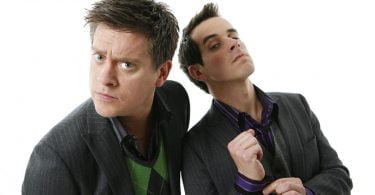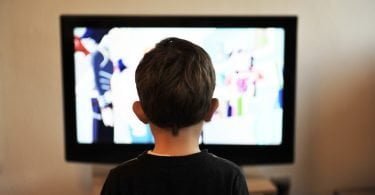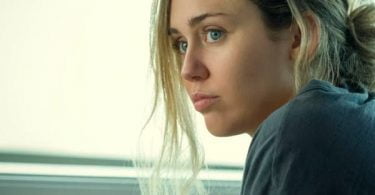Right, I’ll be blunt. I can’t stand reality TV.
Right, I’ll be blunt. I can’t stand reality TV.
For me, it really is the pits. But, as strong as my loathing is for the genre, I’ll be civil enough to begrudgingly accept that the blame can’t solely rest with it. I confess—we’re part of the problem. It’s around because we continue to watch it.
A broad spectrum of programmes
Encompassing a broad spectrum of programmes, reality TV has unfortunately been knocking around since the late 1990s following the global success of Big Brother and the Survivor. Big Brother, undoubtedly the most famous of all reality TV programmes, was first launched in the Netherlands in 1999 before making its debut in the UK in 2000. (Any guesses for the winner? Craig Phillips. Yeah me neither.)
Admittedly, the logic of the series is understandable. We all love to ‘people watch’ and that’s what it is in a sense, a super-sized version of ‘people watching.’ There’s a comforting curiosity to sitting outside a cafe watching the world pass by from the kid picking his nose at the bus stop to the local drunkard navigate his way down the street. But in the environment of the Big Brother house the contestants become like ants under a magnifying glass; poked, probed and tormented for our own entertainment whilst we delight in the unfolding chaos.
Is this really what we want to be watching – George Galloway acting like a cat, drinking milk from Rula Lenska’s hands, or strangers engaging in awkward, televised, sex? It’s clearly a sign of the times when this sort of television is deemed “entertaining.”
Are we wrong to watch with a hidden glee?
More worrying, the casual sex which has characterised each series surely sends the wrong messages, even promoting promiscuity. But who’s to blame? After all, we’re the ones gawping at this odd spectacle—we’re fascinated by such bizarreness and of course, sex. Perhaps we as viewers are the problem then. However, it’s the individuals who are sending out these messages and they’re deliberately picked for their entertainment value. Subsequently, society is represented by this minute minority of characters who are all far from ‘normal.’
So then, are we wrong to watch with a hidden glee as these individuals implode under the social tensions of the house? Perhaps it serves as a comforting reminder to the fact our lives aren’t theirs. Whilst there’s no denying the initial fascination of the programme as an anthropological-like study, sex and petty arguments have since provided the programme’s star attraction. The longer it’s aired, the further it’s deviated from its insightful originality.
None of them match Big Brother
So what about all the other reality TV programmes? From ‘I’m a Celebrity Get Me Out of Here’ to the less obvious Alan Titchmarsh’s ‘Love Your Garden’ (don’t knock it until you’ve tried it), there’s a huge variety of shows that obviously don’t evoke the same controversy as Big Brother. Although ‘I’m a Celebrity…’ echoes the mind-numbing pettiness of Big Brother it’s salvaged by the comic relief provided by Ant and Dec.
Thankfully, it doesn’t quite match the peculiarity of Big Brother. There are, surprisingly, some reality TV programmes that offer a glimmer of hope for the genre. As annoying as Gok Wan is, with his American-like enthusiasm and obsession with ‘bangers’, his programme ‘How to Look Good Naked’ is underlined by a subtly unique message. Materialism aside, it encourages women to appreciate their bodies as they are without stressing the need for weight-loss or even surgery as is the case with similar programmes. In a society dominated by size zero and the ever constant need to lose weight, his programme marks a welcome relief.
But when The Only Way Is Essex and Made in Chelsea reared their ugly heads in 2010 and 2011, all delusions were shattered. The jury is now effectively out – reality TV just isn’t that real. Fake tan, fake hair, fake people—the programmes reek of staged superficiality (although this is apparently the point).
A small minority we must worry about
But it’s the small minority of individuals who worship these shows whom we must worry about. This TV is distorting their own versions of reality as they come to idolise themselves on the privileged insouciance of Made in Chelsea or the brainless idiocy of TOWIE.
Fortunately, reality TV continues to serve its one and only purpose for the majority of us: to entertain. And that’s why we continue to watch, to be entertained. It’s a guilty temptation, much like McDonalds – synthetic, largely tasteless but it often does the trick. But when programmes such as TOWIE encroach upon reality for that small minority, eye-brows of concern should undoubtedly be raised.
Have your say on reality TV in the comments section below, on Facebook or on Twitter.








